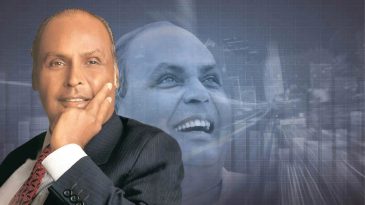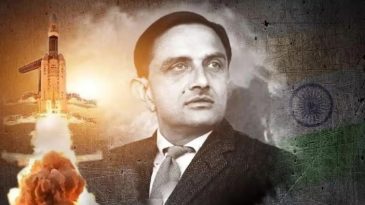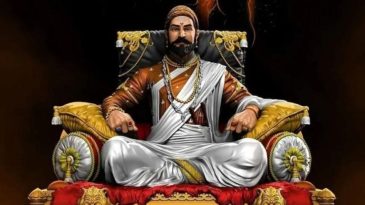- Wiki
- Updated on February 17, 2025
Freedom Fighter Udham Singh - Wiki Everything you need to know
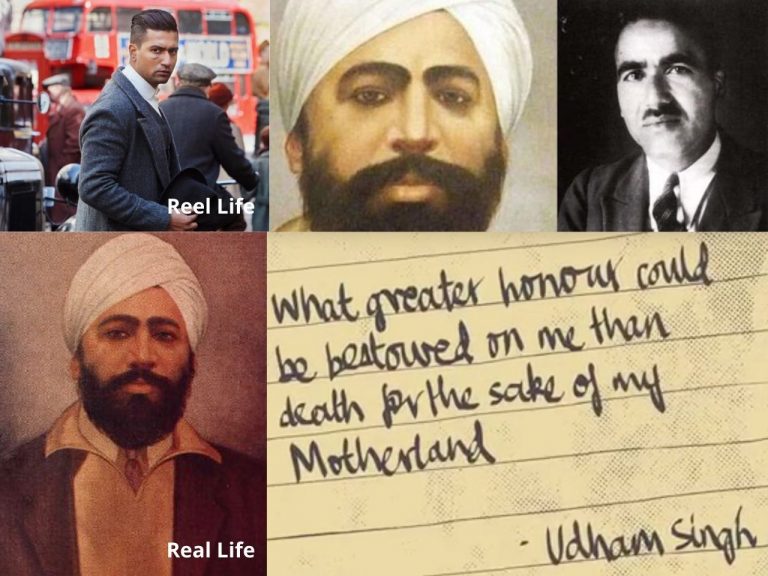
Udham Singh (26 December 1899 – 31 July 1940) was an Indian rebel for the Ghadar Party and the HSRA, best known for the assassination of Michael O’Dwyer, a lieutenant colonel of the Punjab in India, on March 13, 1940. His assassination was carried out in retaliation for the Jallianwala Bagh massacre in Amritsar in 1919. O’Dwyer was in charge. Singh was subsequently prosecuted and convicted of murder and hanged in July 1940. While in custody he used the name Ram Mohammad Singh Azad, representing the three major Indian religions and his anti-colonial sentiments.
Udham Singh is a well-known figure in the Indian liberation movement. He is also called Shaheed-i-Azam Sardar Udham Singh (the word “Shaheed-i-Azam”, meaning “great martyr”). The Uttarakhand district (Udham Singh Nagar) was named after him in October 1995 by the Mayawati government.
Udham Singh’s Early Life
Udham Singh was born into a Punjabi Kamboj Sikh family on December 26, 1899 in Sunam, Sangrur district in Punjab, India. Her mother died in infancy, and her father, Tehal Singh, died some years later.His father was a farmer, and he worked as a security guard in the village of Upalli.
After the death of his father, Singh and his older brother. Mukta Singh, were taken over by Central Khalsa Orphanage. Putlighar in Amritsar in the orphanage Singh. Was governed by the original Sikh culture and received the name Udham Singh. He passed his matric exam in 1918 and left the orphanage in 1919.
The Jallianwala Bagh Massacre
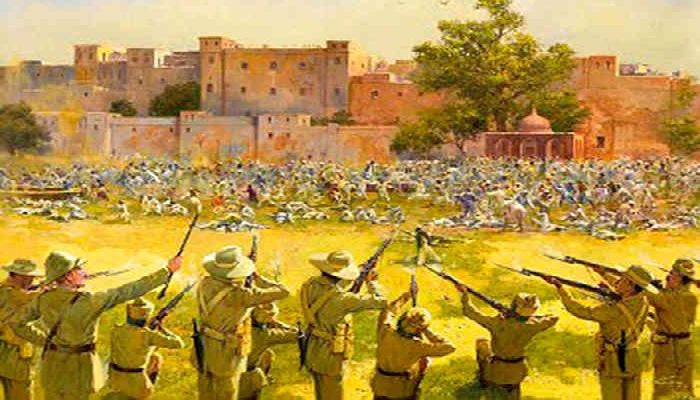
The defining moment of Singh’s life came in 1919 during the Jallianwala Bagh massacre in Amritsar. British troops, under Colonel Reginald Dyer, opened fire on a peaceful gathering of thousands of Indians protesting British rule. The incident left hundreds of innocent civilians dead and sparked outrage across the country. Singh, witnessing the massacre, vowed to take revenge for the brutal killing of innocent Indians.
A Life of Revenge and Revolution
Following the massacre, Singh became involved in revolutionary activities. He joined the Ghadar Party, an organization aimed at overthrowing British rule. Singh spent years in exile in countries like the USA and Europe, planning his revenge. His journey took him to London, where he worked as a laborer, hiding his true intentions.
Assassination of Michael O’Dwyer
In 1940, Singh carried out his long-planned assassination of Michael O’Dwyer, the man he held responsible for the massacre. O’Dwyer was addressing a meeting at Caxton Hall in London when Singh, armed with a pistol, shot him twice, killing him instantly. Singh was arrested immediately after the attack. And became a symbol of defiance against British colonialism.
Trial and Death
After his arrest, Singh was charged with murder. In his trial, he was unapologetic and boldly spoke about his motivations. He explained that he killed O’Dwyer to avenge the massacre and to fight for the freedom of India. Singh’s speech in court was full of passion for India’s independence and condemnation of British rule. Despite his brave words. Singh was sentenced to death. He was executed by hanging on July 31, 1940. But His legacy lived on as a martyr for the Indian freedom struggle.
Legacy of Udham Singh
Udham Singh’s sacrifice is remembered as. One of the greatest acts of defiance against British rule. His story of courage, patriotism, and determination inspired generations of Indians. He is regarded as a national hero. And his life is a testament to the lengths to which some individuals were willing to go to gain freedom for their country.
In 1995, the district of Udham Singh Nagar in Uttarakhand was named in his honor. His life continues to inspire and remind us of the sacrifices made by countless others in the pursuit of India’s independence.
Read Also : APJ Abdul Kalam Inventions and Achievements – List
Conclusion
Udham Singh’s actions and sacrifice remain etched in India’s history. He was not just a revolutionary; he was a patriot who believed in justice for all. His legacy as a freedom fighter reminds us that the fight for freedom comes at a great cost. The story of Udham Singh serves as a beacon of hope for those who fight. For justice and equality. And his courage will never be forgotten.
Udham Singh’s story is a powerful reminder of the resilience and bravery of those who fought for India’s independence. His martyrdom marked a significant chapter in the history of the struggle against British colonialism.
Join the discussion
Related Articles
No results available
ResetTrending Articles


- General
- Updated on February 23, 2026


- General
- Updated on February 20, 2026


- General
- Updated on February 18, 2026


- General
- Updated on February 17, 2026


- General
- Updated on February 10, 2026


- General
- Updated on February 14, 2026


- General
- Updated on February 7, 2026


- General
- Updated on February 5, 2026


- General
- Updated on February 2, 2026


- General
- Updated on January 29, 2026
No results available
Reset
